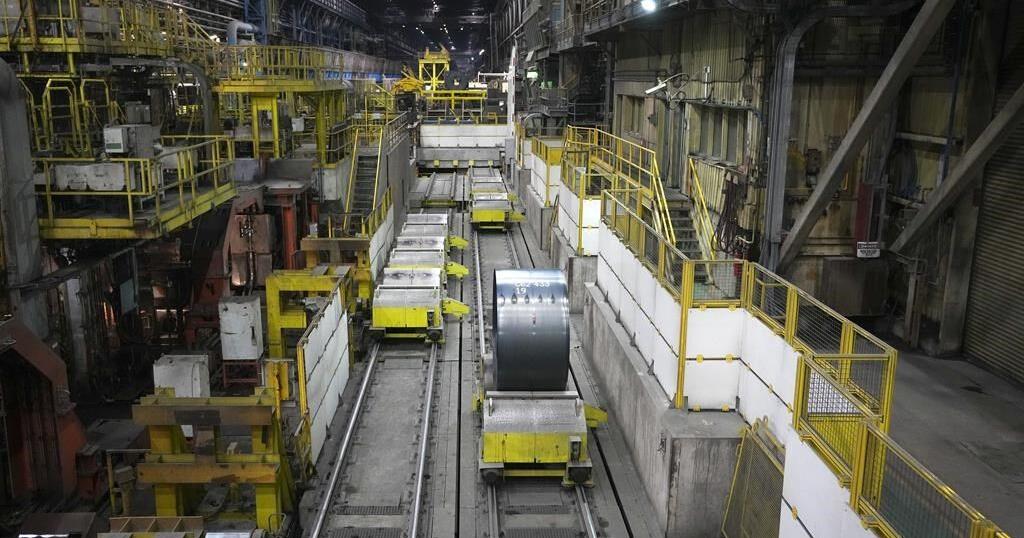Fears of a global banking crisis have eased following the rollout of multi-billion-dollar lifelines for troubled lenders in Europe and the United States, with Asia’s stock markets rebounding from earlier lows.
Stocks rose in China, Japan, South Korea, Malaysia, Australia, the Philippines and Hong Kong on Friday, following gains on Wall Street after the largest US banks unveiled a $30bn lifeline for troubled regional lender First Republic Bank.
MSCI’s most representative index of Asia-Pacific shares excluding Japan climbed 0.9 percent, reversing earlier losses, while Japan’s Nikkei 225 rose by 0.5 percent.
China’s blue-chip index gained 0.8 percent, while Hong Kong’s Hang Seng jumped 1.2 percent.
Asian bank shares joined the gains, with the MSCI Asia Pacific Financials index climbing as much as 0.4 percent after earlier losses, Bloomberg reported.
Japanese banks including Mitsubishi UFJ Financial Group and Sumitomo Mitsui Financial Group were among the big gainers, rising by as much as 2 percent, Bloomberg said.
“I would say all in all, central banks are ready. That’s why the markets are being calmer,” Alicia García-Herrero, chief economist for the Asia Pacific at Natixis in Hong Kong, told Al Jazeera.
“I don’t think we’ve averted a crisis, to be frank, I think it’s too early to say, but what I know is that especially the Fed, and I would say the Swiss National Bank, have reacted very quickly,” García-Herrero added.
Asian markets fell on Thursday amid concerns about the financial health of Credit Suisse and the fallout of Silicon Valley Bank’s (SVB) collapse stoked fears of a global banking crisis.
Financial authorities worldwide have been scrambling to prevent a financial crisis since last week’s sudden implosion of SVB, which failed after customers withdrew funds in response to steep losses the bank suffered from the sale of US government bonds.
Brian Levitt, a global strategist at Invesco, told the Reuters news agency that the market is focusing on smaller banks with specialty lending businesses. After SVB – which catered mainly to the tech industry – investors turned their attention to the next bank exposed to interest rate and specific credit risks.
“First Republic Bank, which has significant exposure to the coastal real estate markets, appears to be next on the list,” he said.
The California-based lender saw its stock price fall by more than 70 percent early in the week. But on Thursday, US stocks rose after 11 US banks – including Bank of America, Citigroup and JPMorgan Chase – announced they would deposit $30bn into First Republic.
“The actions of America’s largest banks reflect their confidence in the country’s banking system,” the banks said in a statement.
In Europe, markets were boosted by the European Central Bank’s decision to raise the benchmark interest rate by 0.5 percent amid concerns it could adopt a more hawkish stance.
Investors also welcomed the announcement that Credit Suisse, which has long been dogged by doubts over its financial health, would borrow up to 50 billion Swiss francs ($54bn) from Switzerland’s central bank to shore up confidence.
“Expectations that a financial crisis has been averted, at least for now, has exerted downside pressure on yields and depreciated the US dollar,” Carlos Casanova, senior economist for Asia at UBP in Hong Kong, told Al Jazeera.


























